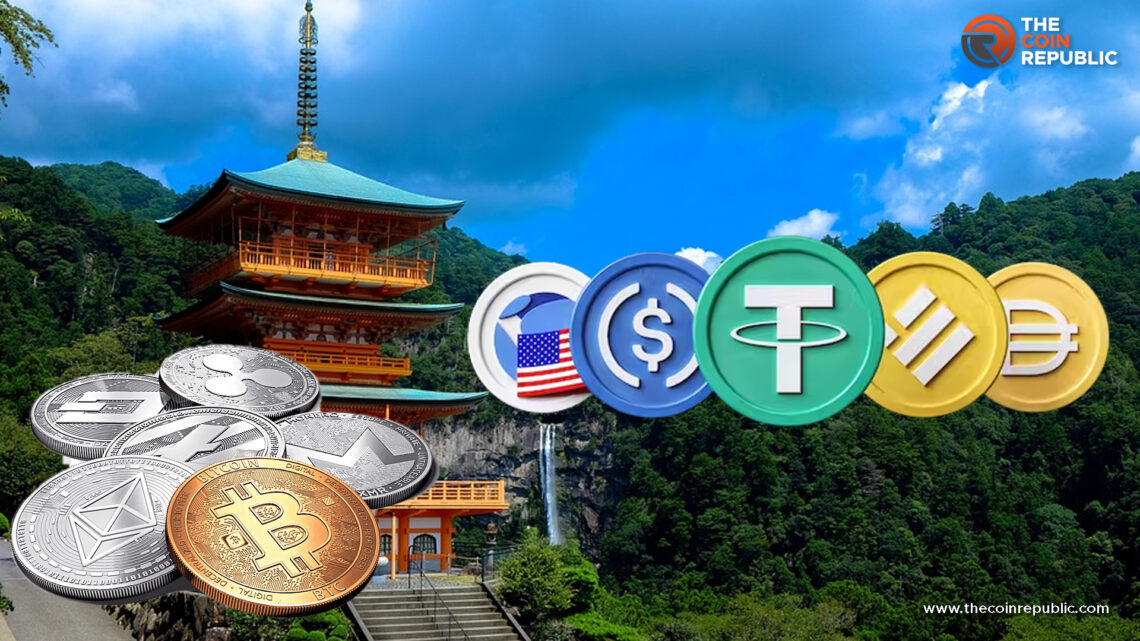Will Japan Outshine Everyone?
Financial Services Agency (FSA), the leading financial regulator in Japan, will lift the ban on foreign-issued stablecoins in 2023. It may prove to be beneficial for major stablecoins, such as Tether USD (USDT), USD Coin (USDC) and more.
As per Japanese local media reports, the FSA came to this point after planning with updated legislations backed by the Revised Payment Service Act, which is in effect since 2010. The Act “established a system of funds transfer service providers that can conduct funds transfer services of not more than ¥1 million per remittance by registration only, without needing a bank licence,” according to Lexology. Similarly, Banking Act and Money Lending Business Act are enforced by FSA.
Relaxing crypto policies will certainly attract exchanges. The FSA will allow them to list coins, excluding any long process, except in case of new tokens to be launched in the Japanese market.
According to sources, Japan was among the first nations who passed a stablecoin bill to protect investors, after TerraUSD collapsed. The law stated that domestic stablecoin issuers will be restricted to financial institutions, for example, trust organizations, banks and listed money transfer agents.
Tomoko Amaya, Japan’s Vice Minister for International Affairs, noted the FSA recommendations with an objective to observe perspectives regarding algorithmic stablecoins. He said that “The proposed review states that “global stablecoins must not use algorithms in stabilizing their value” and strengthens the ensuring of redemption rights.”
Win-Win Ahead
According to news reports, after crypto exchange FTX filed for bankruptcy under Chapter 11, its subsidiary company FTX Japan claims that customers will be fully paid soon, whereas other nations are still in a state of limbo. Going back in history, Mt. Gox hack in 2014 and Coincheck’s failure in 2017, forced FSA to establish new standards for crypto firms, known as Crypto Asset Exchange Service Providers (CAESP).
As regional media agency Nikkei reported, the Revised Funds Settlement Act, which governs stablecoins and crypto assets (digital currencies) pegged with U.S. dollars. Its objective is to lower the financial system risk of stablecoins, whose market expansion is estimated to 20 trillion yen, in order to protect investors.
Japan is tapping into the immense opportunity hidden in blockchain technology. Recently, Prime Minister Fumio Kishida stated that “We are confident that incorporating new digital services such as the Metaverse (virtual space) and NFTs (non-fungible tokens) will lead to the realization of economic growth in our country,” according to Coinpost.

Nancy J. Allen is a crypto enthusiast, with a major in macroeconomics and minor in business statistics. She believes that cryptocurrencies inspire people to be their own banks, and step aside from traditional monetary exchange systems. She is also intrigued by blockchain technology and its functioning. She frequently researches, and posts content on the top altcoins, their theoretical working principles and technical price predictions.


 Home
Home News
News










